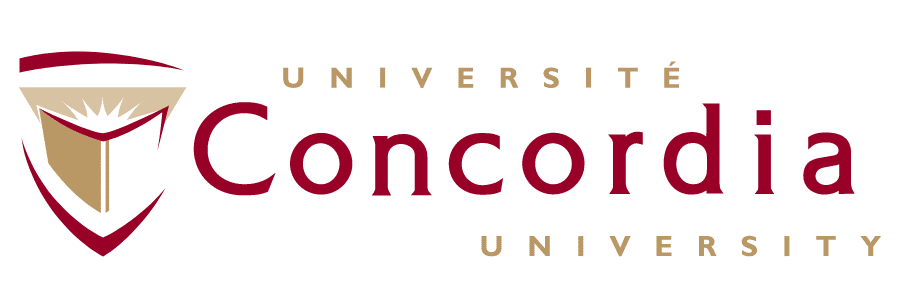The work of the research center is concentrated around the following axes:
- Axis 1: Modeling, simulation and design methods for microsystems
Responsible: R. Khazaka (McGill), S. Tahar (Concordia)- Algorithms, architectures and design methodologies
- Computer-aided modeling and design tools
- Specification, verification and optimization
- Axis 2: Implementation and validation of microsystems
Responsible: A. Lakhssassi (UQO), G. Nicolescu (Polytechnique Montréal)- Electronic hardware, firmware and thermal integration, encapsulation, testing and diagnostics
- intelligent embedded and control systems
- Microelectronic and hybrid systems
- Axis 3: Hybrid microsystems
Responsible: S. Bhadra (McGill), R. Izquierdo (ÉTS)- Printable electronics, hybrid and printed components
- Optical and photonic interfaces hybrid systems
- MEMS (RF, bio, optical and sensors)
- Axis 4: Microsystems for information and telecommunications technologies
Project leaders: D. Massicotte (UQTR), W.-P. Zhu (Concordia)- Internet of Things and Connected Objects
- Software-defined and reconfigurable radio communication, smart antennas
- Digital signal processing, artificial intelligence, reliability and security of communications
- Axis 5: Microsystems for health and well-being
Project leaders: R. Fontaine (University of Sherbrooke), B. Gosselin (Laval University)- Smart implantable and wearable biomedical devices
- Personalized medicine, labs-on-chips, biosensors, biomedical instrumentation and imaging
- Neuromorphic systems, processing and human-machine interfaces
- Axis 6: Microsystems for sustainable development
Responsible parties: M. Boukadoum (UQAM), F. Nabki (ÉTS)- Low power electronics, energy harvesting and recovery
- Microsystems for clean technologies in transportation and aerospace, precision agriculture, the food industry and environmental monitoring
ReSMiQ Annual Conference
JIR2026 and 15th Microsystems Technical Demonstration Competition











